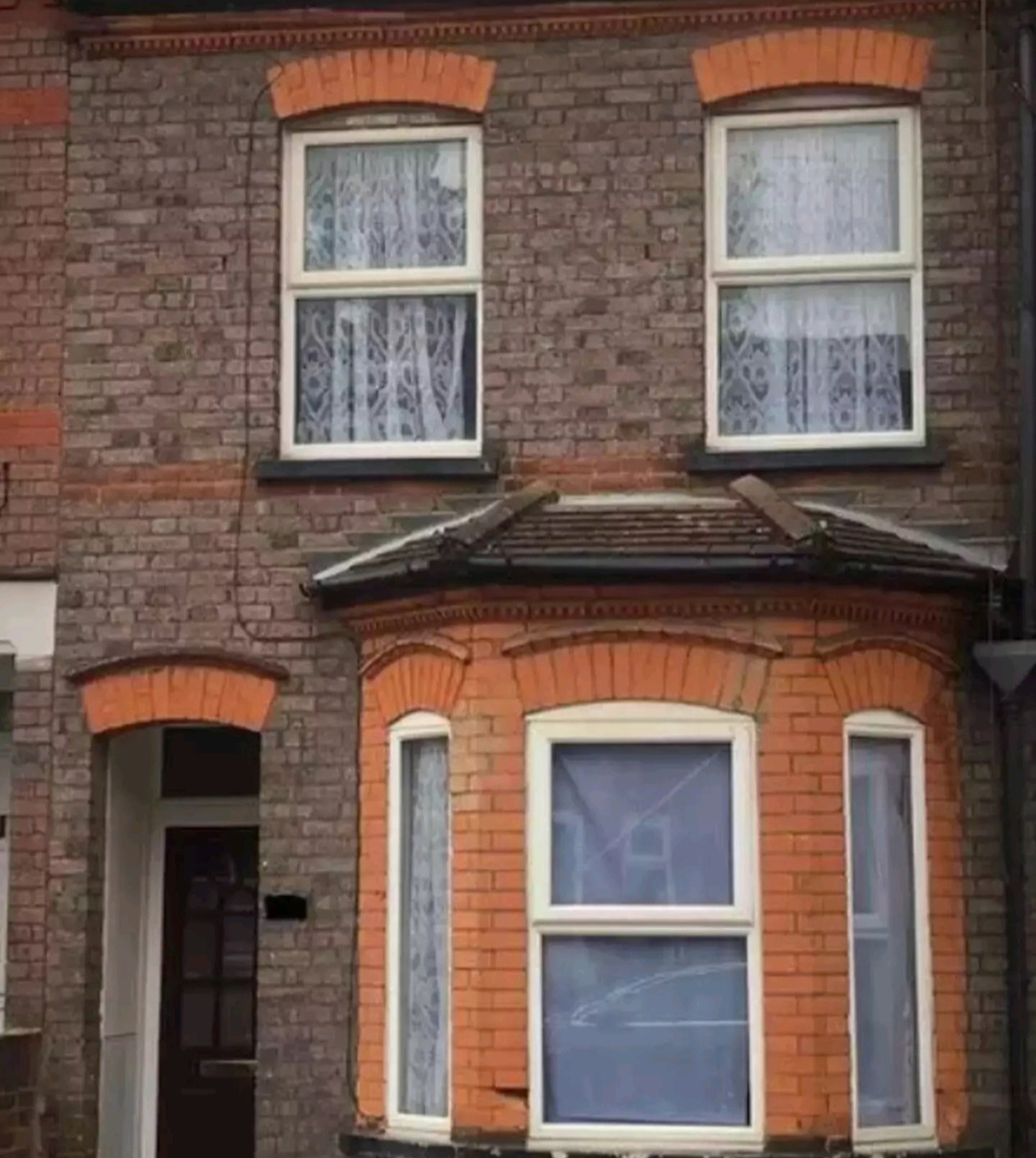Man found someone living in and redecorating house he’d owned for 30 years, You Won’t Believe What Happened Next

A homeowner got the shock of his life when he found out someone else was living in the house he had owned for 30 years.
Reverend Mike Hall bought the property in Luton in 1990 but spent much of his time working in North Wales. One day, neighbors called him to say the lights were on at his house, which was strange since he hadn’t been there.
When Hall returned to the property, he was stunned to find it had been sold without his permission for £131,000. Even worse, a new resident was already inside, doing renovations.
“I tried my key in the front door, but it didn’t work,” Hall said. “A man opened the door, and I was shocked to see the house completely empty—everything was gone.”
An investigation revealed that fraudsters had used a fake driving license to impersonate Hall and set up a bank account to collect the money from the sale. The BBC obtained phone recordings of someone pretending to be Hall, instructing solicitors to sell the property.
After two years of legal battles, Hall finally got his name back on the Land Registry in November 2023. However, things didn’t end there.
When he returned to the house a couple of months later with a builder, he found the locks broken and signs of squatters living inside. The curtains were drawn, lights were on, and the boiler was running. Hall estimated about £60,000 worth of damage.
Police advised him to return to court to get an Interim Possession Order, which could allow for the arrest of the squatters.
Squatter rights remain a controversial issue. Earlier this year, Gordon Ramsay’s £13 million pub was also occupied by squatters, who declared they would only leave if removed through a legal claim.
While squatting in residential properties is illegal, doing so in commercial or unoccupied non-residential buildings is not, making these cases legally complex and emotionally draining for property owners.




